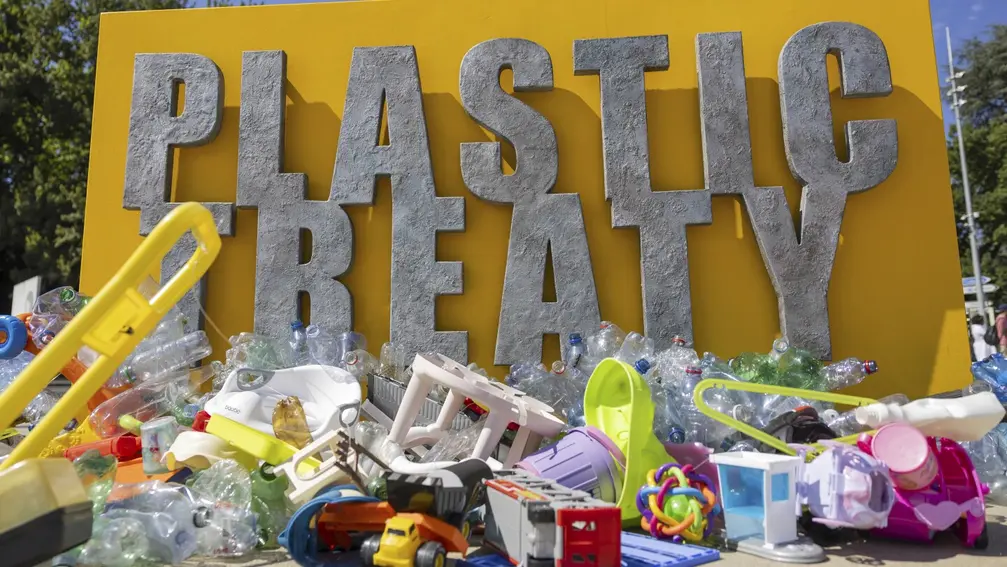T4K3.news
Geneva plastic talks stall after failed rounds
Delegates leave Geneva without a binding treaty as divisions over production limits and toxic chemicals persist.
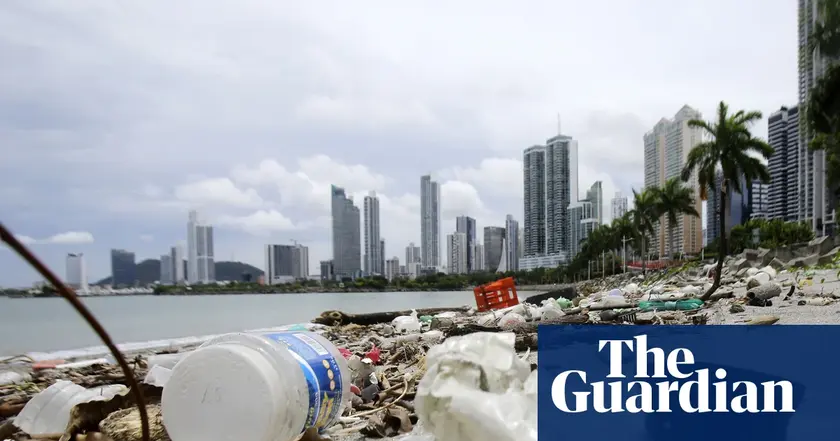
Negotiations stall over whether to limit production and regulate toxic chemicals in plastics.
Geneva plastic treaty talks stall amid deepening deadlock
Negotiations in Geneva to seal a binding plastics treaty have stalled. Delegates from 184 countries debated whether the pact should cap plastic production or focus on better design, recycling and safer chemicals. Chair Luis Vayas Valdivieso presented two draft texts based on participants’ views, but neither was adopted as the basis for talks. No agreement was reached on the next steps as the session ended without a treaty.
The latest draft acknowledges that current production and consumption levels are unsustainable and calls for a coordinated global response, but it stops short of imposing production caps. It also emphasizes a full lifecycle approach to plastics, from extraction to end use. Supporters argue the draft advances essential safeguards, while critics say it waters down key limits and overreaches into areas some states consider outside the treaty’s scope.
Key Takeaways
"The science has not changed, and it cannot be down negotiated."
Bethanie Carney Almroth on the need to address lifecycle and chemicals.
"The Earth is not ours only We are stewards for those who come after us."
Jessika Roswall, the EU commissioner, speaking on responsibility for future generations.
"Petrostates used every dirty tactic to delay and destroy an effective plastics treaty."
Tim Grabiel, senior lawyer and policy advisor, describing tactics in the talks.
"It is unjust for Sids to bear the burden of yet another global environmental crisis we contribute minimally to."
Palau speaking for 39 small island developing states.
The failure reveals a broader split between countries that want strict limits on production and those focused on waste management and recycling. Oil and gas producers and plastics manufacturers argue limits could harm jobs and energy interests, while many developing states push for robust controls to curb pollution and fund waste services. The stalemate shows how politics can eclipse science in global environmental deals, even when experts warn that time and health costs are stacking up.
Looking ahead, the talks may return with revised language that borrows from both sides but risks insufficient action. A credible path likely requires a concrete timetable, clearer protections for vulnerable nations, and a financed plan to expand waste management capacity worldwide. The outcome will test whether multilateral diplomacy can align economics with planetary health.
Highlights
- Petrostates tried to bury the treaty in the bathtub
- The Earth is not ours only we are stewards for those who come after us
- The science has not changed and cannot be down negotiated
- It would be unjust for Sids to bear the burden of this crisis
Political and public backlash risk
The talks sit at a political fault line between energy interests and environmental goals. A stalled process risks public frustration, cross-border backlash, and funding gaps for waste management in vulnerable nations.
The path forward will test whether global will can outpace fossil fuel politics.
Enjoyed this? Let your friends know!
Related News
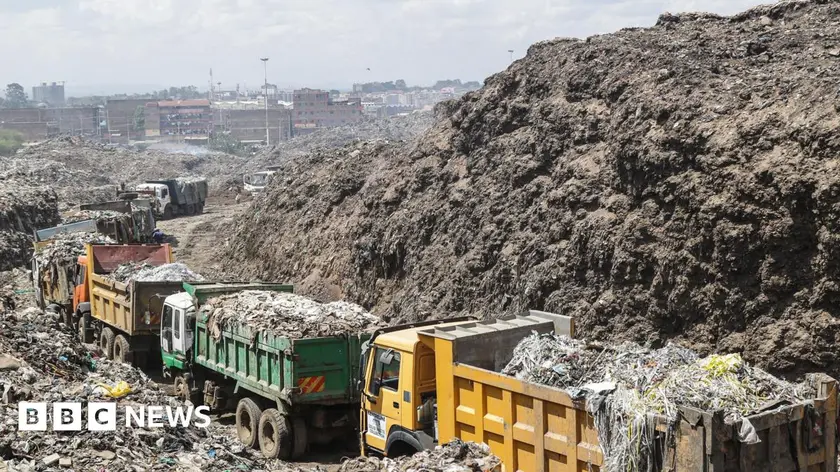
Plastic treaty talks end in deadlock
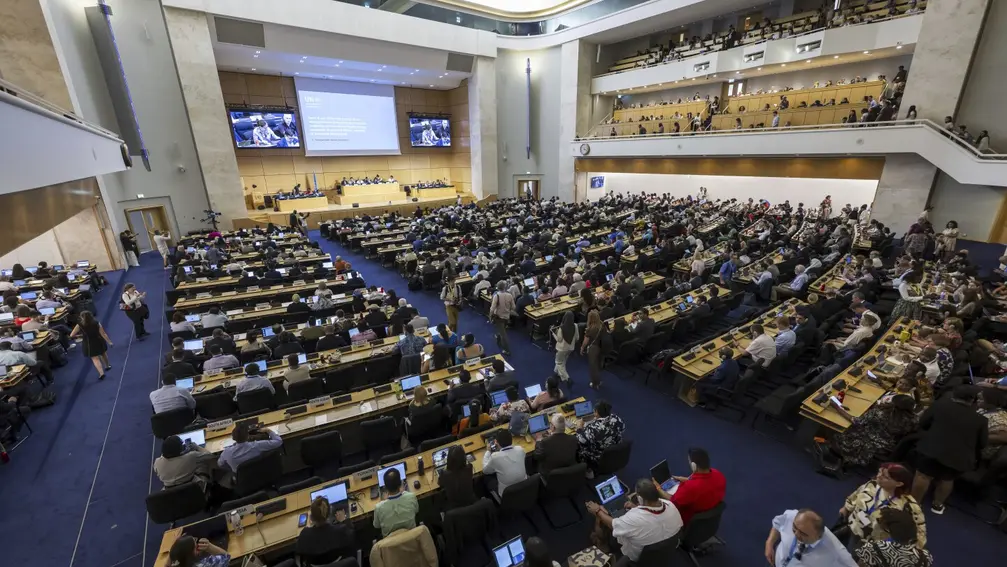
Global plastic talks near deadline
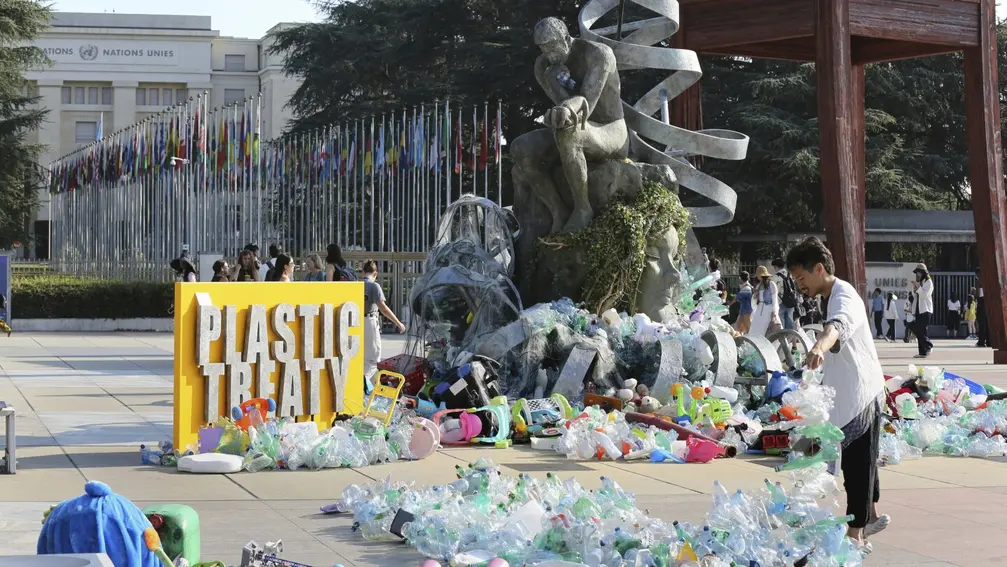
New step in plastics treaty talks
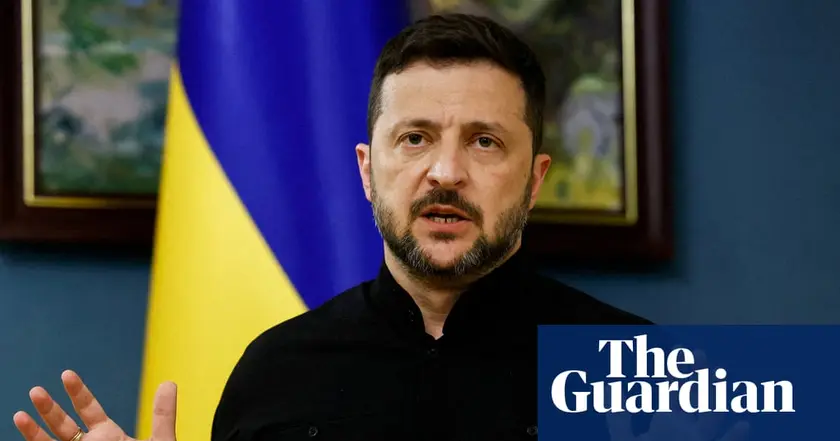
Ukraine proposes new peace talks with Russia next week
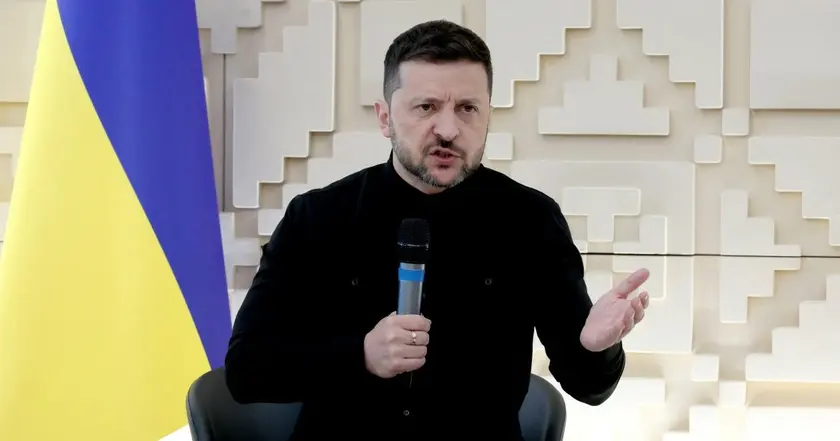
Zelensky rejects land concessions ahead of Alaska summit
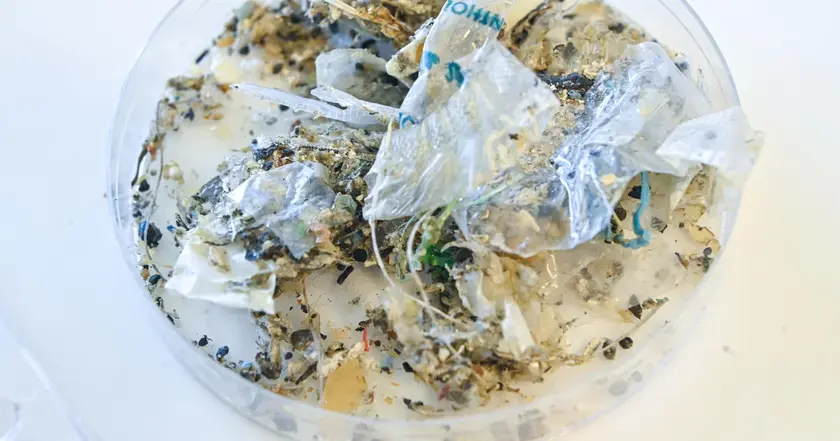
Plastic pollution costs $1.5 trillion annually
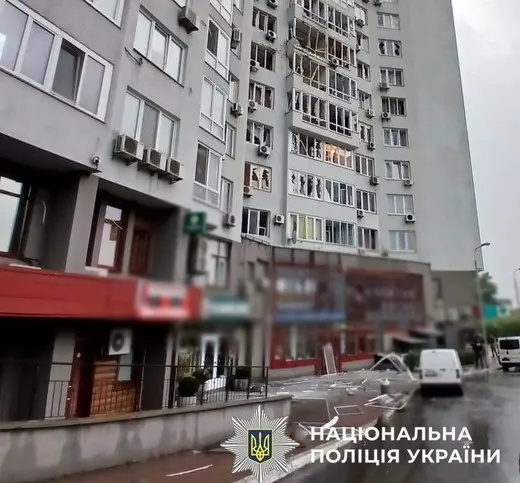
Eight injured in Kyiv drone strikes

Putin stalls on ceasefire while Trump alters support for Ukraine
